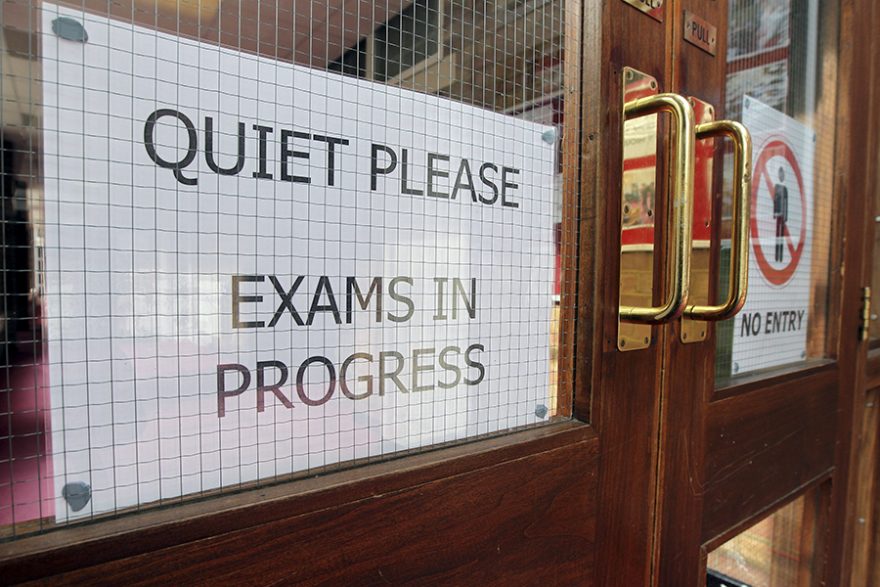ETS Acquires English-Language Learning Test Assets for Japan

ETS announced this week that it acquired the testing assets of its longtime partner in providing English-language learning tests in Japan, the Council on International Educational Exchange.
With the purchase, the nonprofit based in Princeton, N.J., will establish a new subsidiary, ETS Japan, to take over the operations and support services provided in the country.
The move supports the organization’s interest in growing internationally by establishing its own footprint in Japan, said Ralph Taylor-Smith, Managing Director of ETS Strategic Capital, the investment arm of the research and assessment entity. For the last 40 years, ETS tests and other products have been administered in Japan through CIEE.
“We already have business in the country,” Taylor-Smith said in an interview. “But this allows us now to start to expand our global reach, and really gives us a footprint to start to build other areas. …Having people on the ground really gives us that local presence and local reach.”
Founded in 1947, ETS is one of the best-known providers of testing in the United States and abroad. Their tests include statewide summative exams, graduate-school entry tests, and tests of English-language proficiency.
With the acquisition, the company will work to provide a complete experience for students, according to an ETS press release, including helping students prepare for the Test of English as a Foreign Language (TOEFL) exams and GRE graduate school entry exam.
Taylor-Smith declined to reveal the total cost of the TOEFL acquisition deal.
This is the latest in a string of purchases and investments for ETS Strategic Capital, which was announced in September 2020 with a portfolio of five companies. The venture capitalist arm of ETS now has a portfolio with closer to 10 companies, Taylor-Smith said.
EdWeek Market Brief previously reported that the investment arm’s M&A deals were expected to range from $20 million to $200 million in size, and its equity investments could run from $1 million to $20 million.
The ETS program’s growth comes as venture capital investment in education surged. Investors put more than $16 billion into ed tech in 2020, according to a report by HolonIQ. That’s roughly double the amount put forward in 2018.
Photo: David Davies/PA Wire via AP
Follow EdWeek Market Brief on Twitter @EdMarketBrief or connect with us on LinkedIn.
See also:
